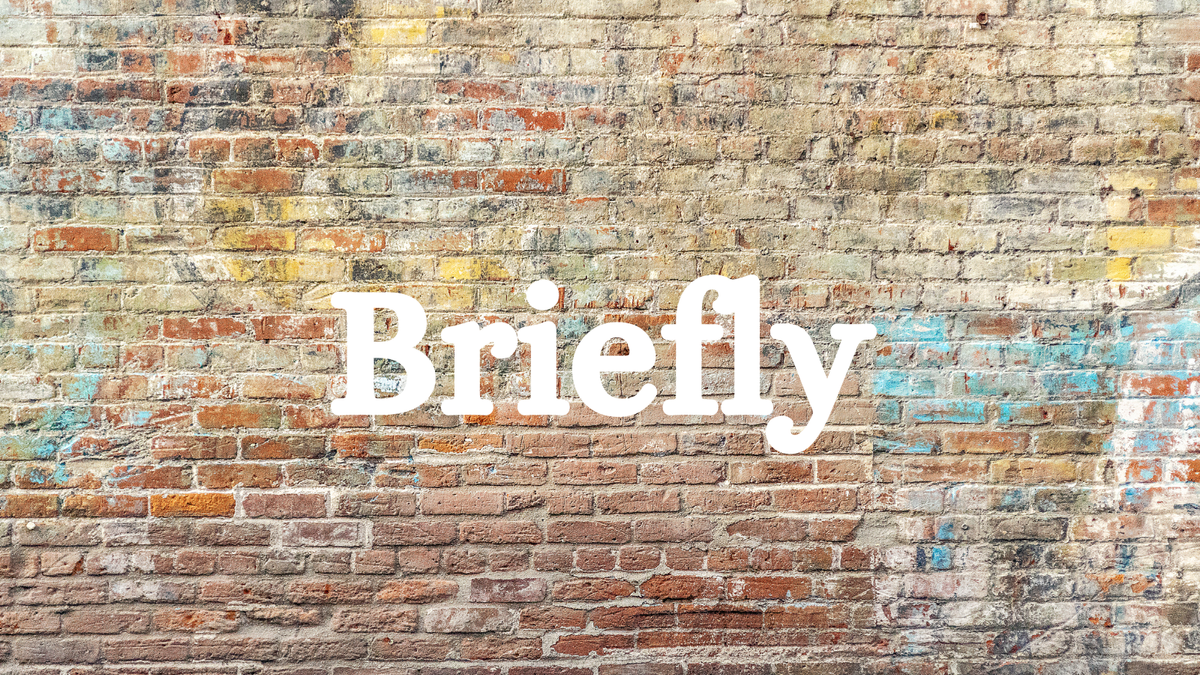Fine Prose or Trashy Prose: Is There No Third Way?

I want to encourage young writers, even if it is a poor man’s game.
[I]f you want to write well and live well at the same time, you’d better arrange to inherit money or marry a stockbroker or a rich woman who can operate a typewriter. Flannery O’Connor, Mystery and Manners (Noonday Press), 66.
Flannery was writing about the need to leave behind “the niggardly part of the ego” (Id. 81) when the writer sits down to write. If you’re writing for money, you’re writing for money, not art.
I am fascinated by the massive industry that has sprouted up around would-be writers: Publishing platforms like Medium, Substack, and Ghost. Countless advice columns about how to “make it” as an “online creator.” Everyone is going to make money. Just keep at it (and subscribe to my writer’s coach blog and pay for the publishing platform).
They’re all unabashedly anti-art. The syllogism:
Money = niggardly part of the ego.
Artistic writing requires you to leave the niggardly part behind.
If you’re writing for money, you’re not creating art.
And the thing I found most troublesome is, they are, well, unabashedly and explicitly anti-art. The most successful content creators and advice columnists mock writing as an art. They tell their readers not to worry about grammar or style: just crank and crank and crank, with lots of “white space” and pictures.
It’s frustrating. If you want to write anymore (at least, online), you need to be a whore.
Perhaps.
But is there a third way (everyone wants a third way, whether it’s a third political party or a third economic system or something else . . . maybe it’s because we’re existentially Trinitarians)? Can a person create art for online consumption — using big-a** pull quotes like the one above, adding pictures with funny captions, dumbing down the prose so the average Harvard can understand it?
